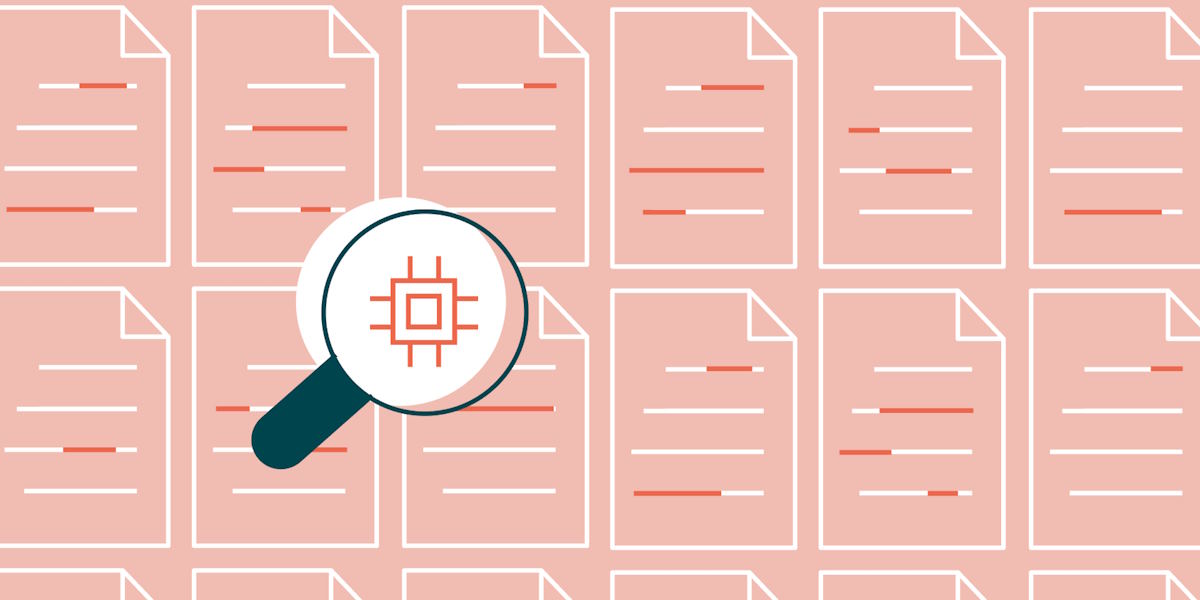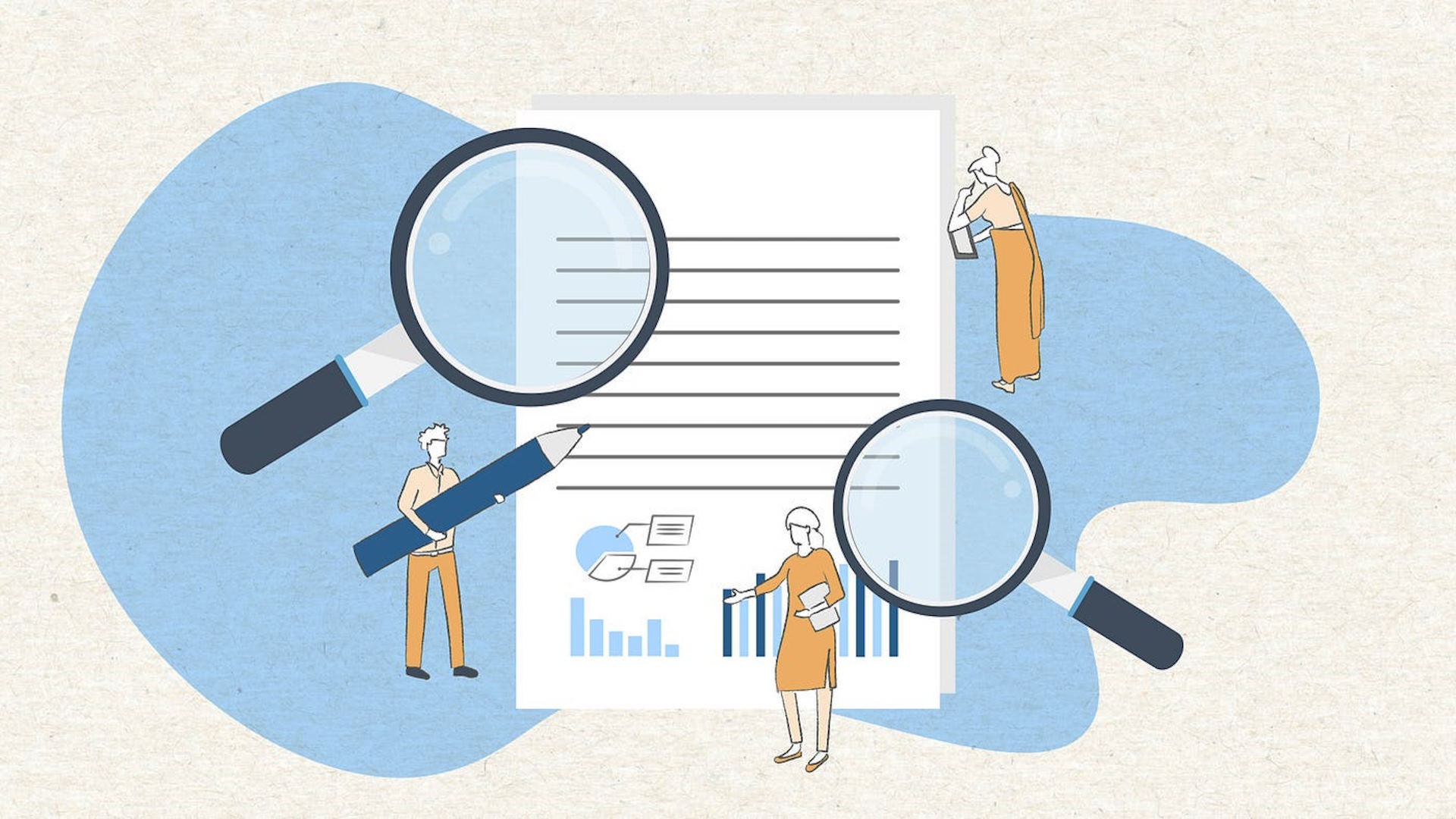How Scholarly Communication Supports Research Integrity?
— 03/15/2024
The scholarly communication process involves creating, publishing, and sharing research findings by scholars, researchers, and academics. The main purpose of this communication is to make research findings accessible to a wide academic community.
Research integrity is a set of principles and practices to ensure the trustworthiness of research and the methods used to conduct it. It is an important part of research ethics and is applicable throughout the research process. The main values of research integrity are honesty, fairness, openness, stewardship, and accountability. These values ensure that research enterprise advances knowledge.

Open access publishing
There are several important things associated with open access publishing and its impact on integrity today. Open-access publishing makes research available to the public devoid of any subscription fee or paywalls. This method strengthens the integrity of research. It can help maintain integrity and fairness in scholarly communication. It can promote collaboration among researchers from around the world. It can meet the demands of funding bodies.
Do you decide to know about the importance of reproducibility in scientific research as comprehensively as possible? Reproducibility is a basic principle of the scientific method. It is important because of trust, building knowledge, avoiding ineffective interventions, sharing data and methods, and minimizing costs. It focuses on the research process subsequent to the completion of data collection. This is because of minimizing the time and cost associated with the new data collection process.

How to find and prevent plagiarism
Open data assists the maximum transparency and reproducibility. It is a core element of an innovative publishing model. The latest guidelines for addressing and preventing plagiarism through communication give so many benefits for all users. This is advisable to keep track of sources in print or on the web to ensure that you use quotation marks around everything coming from another text. You have to write down the author, title, publisher, page number, and other things to maintain an accurate bibliography of sources.







